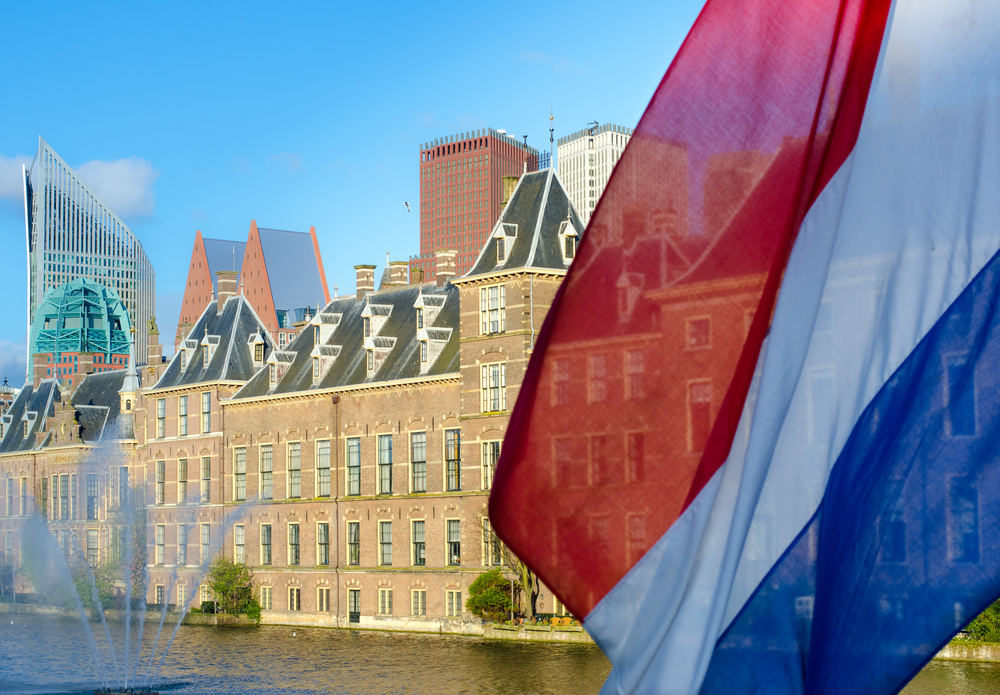An industry report by PricewaterhouseCoopers (PwC) has revealed that Dutch Minister for Legal Protection, Sander Dekker, is set to develop a framework which aims to secure the future of the Netherlands’ lottery sector.
The framework is now planned to be put before the Dutch parliament during the first quarter of 2021, later than originally planned, however, it would still be prior to the country opening its regulated online gambling market later in the year.
Expected to be implemented by January 2021, the framework will see the state-owned Staatsloterij and Lotto, plus charitable lotteries, compete alongside online casino and sportsbook products for the first time.
Citing the benefits of increased competition within the market, a PWC statement read: “After all, increased competition can mean that providers want to distinguish themselves from each other in order to gain market share. As long as there are limited social risks, and / or they can be properly mitigated, market growth and more advertising are not necessarily problematic.”
Regarding the protection of customers from gambling-related harms, the report by PwC has stated that the risks associated with lotteries is lower when compared to other forms of gambling.
Moreover, the group stated how the risks don’t differ substantially between lotteries, and that the lottery in itself is rarely seen as a viable tool for money laundering, thus, the regulations put in place Dutch regulator Kansspelautoriteit (KSA) are expected to prove effective upon the market’s expansion.
PwC also discussed the need for a system to be put in place between operators and charities who benefit from lottery contributions: “In order to ensure a socially desirable level of social contributions to charities, a minimum contribution percentage can be introduced; that minimum percentage then applies to all lotteries. What is a desirable amount for such a percentage is a political choice.”




























